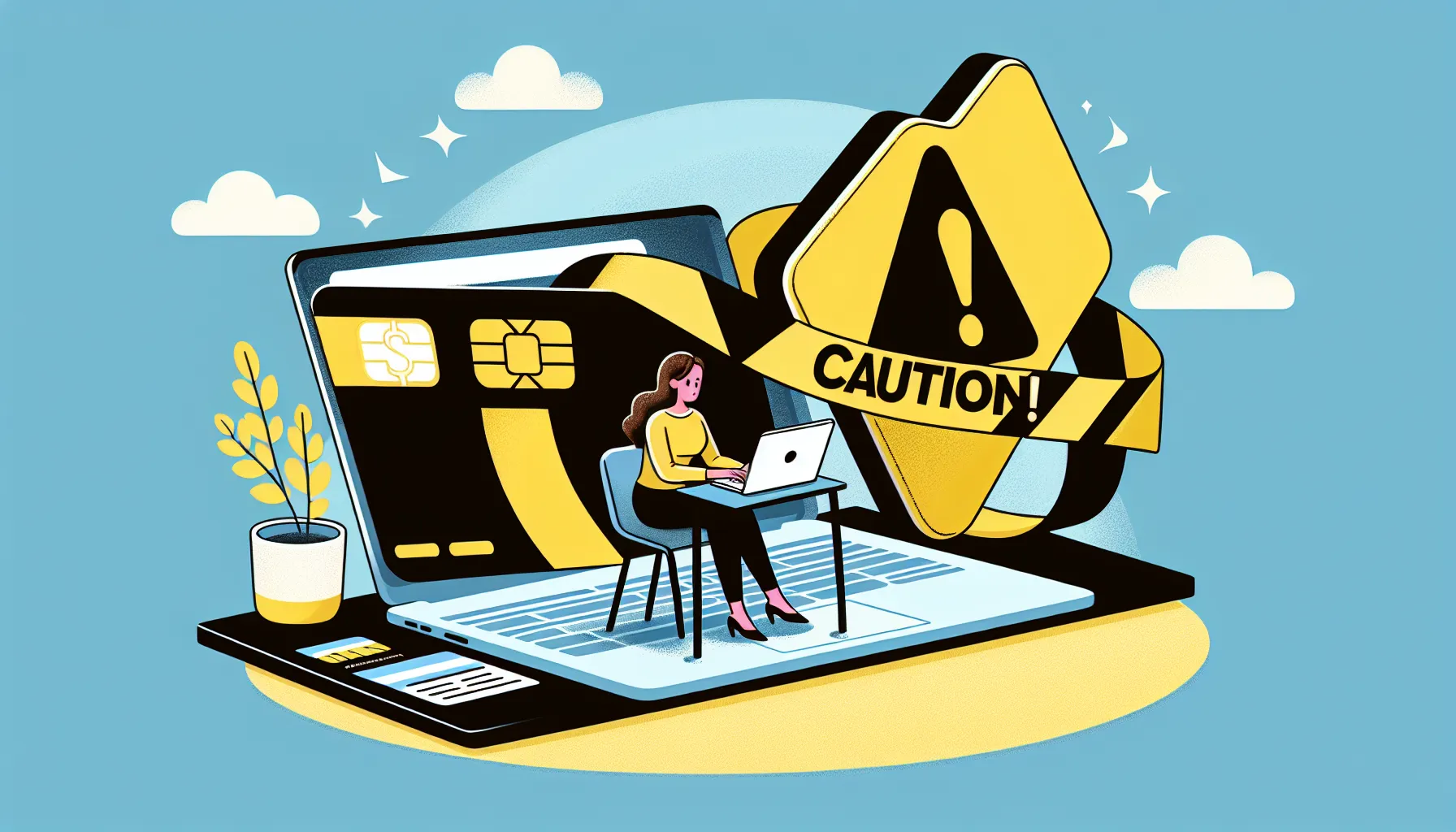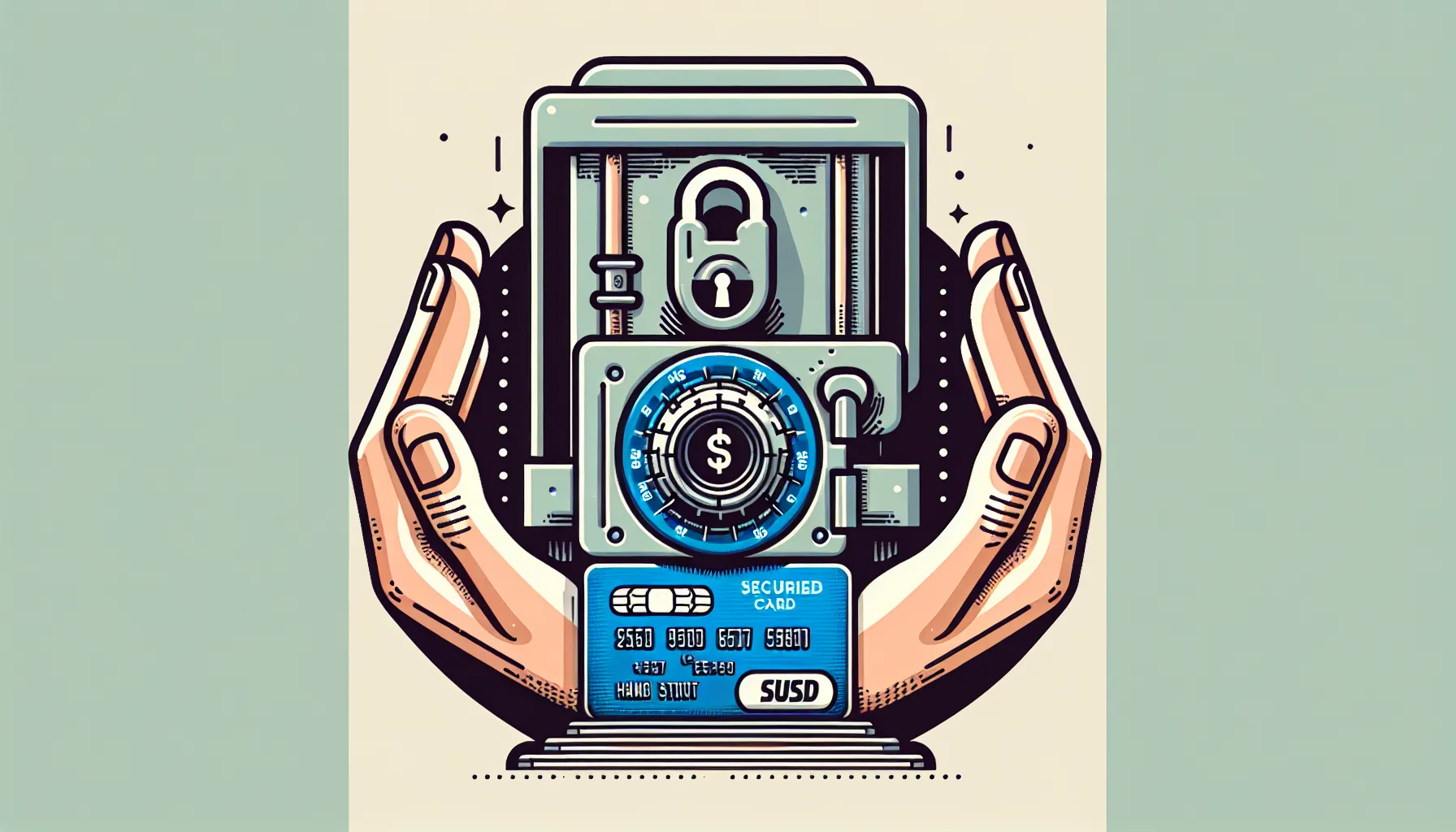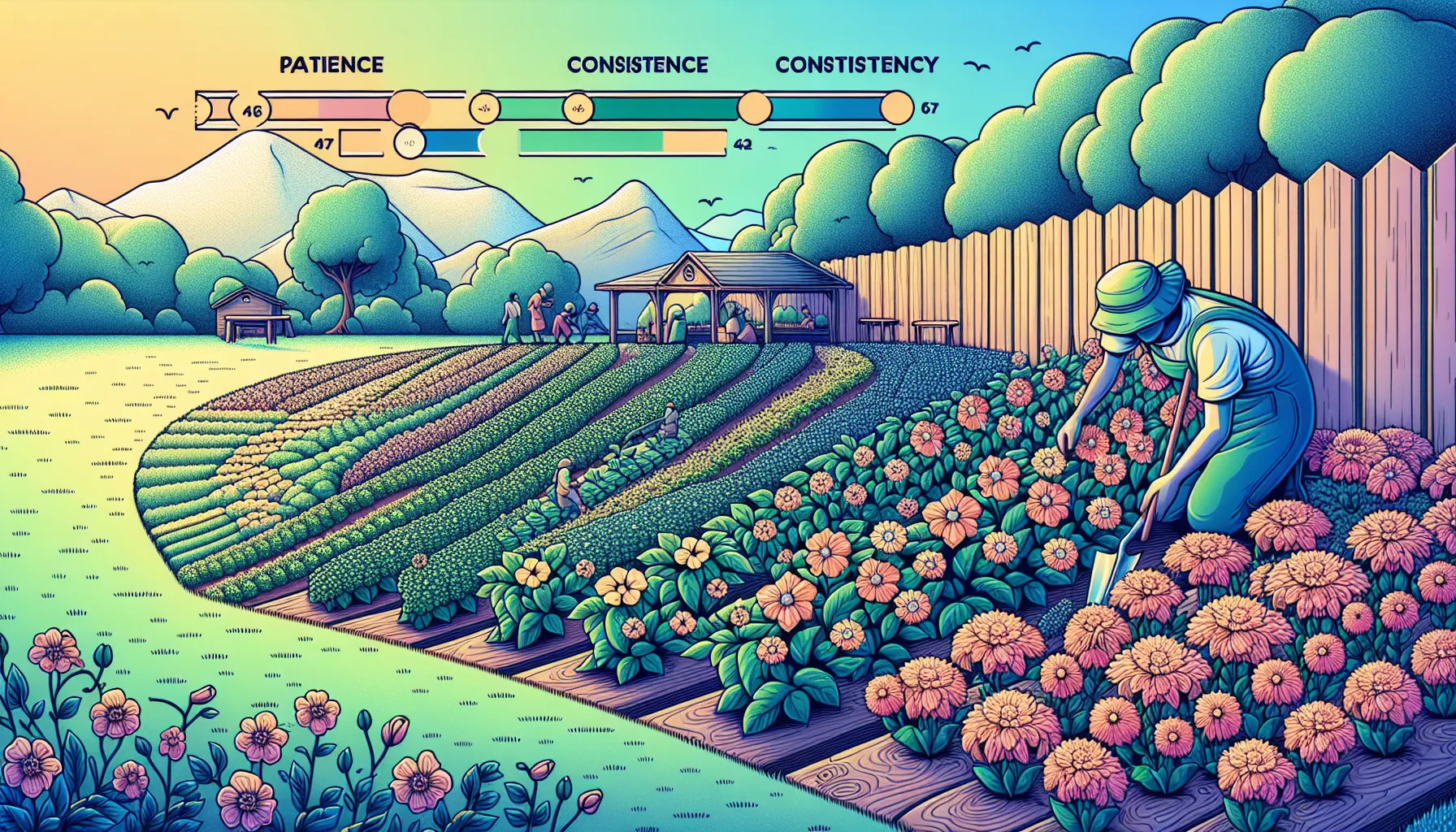Understanding Your Credit Report
The first step in improving your credit score is to understand your credit report. Your credit report contains information about your credit history, including your payment history, credit utilization, and any negative marks such as collections or bankruptcies. You can obtain a free copy of your credit report from each of the three major credit bureaus (Equifax, Experian, and TransUnion) once a year at AnnualCreditReport.com.
Once you have your credit report, review it carefully for any errors or inaccuracies. If you find any, dispute them with the credit bureau and the creditor. Removing negative marks that are inaccurate can help boost your credit score.
Pay Your Bills on Time
One of the most significant factors in your credit score is your payment history. Late payments can have a severe negative impact on your score. To avoid this, make sure to pay all of your bills on time, including credit cards, loans, and utilities.
If you struggle with remembering to pay your bills, consider setting up automatic payments or reminders. You can also use budgeting tools like YNAB or Mint to help you stay on top of your finances.
Reduce Your Credit Utilization
Your credit utilization is the amount of credit you’re using compared to your credit limit. High credit utilization can negatively impact your credit score, as it suggests that you may be overextended financially. Aim to keep your credit utilization below 30% of your available credit.
To reduce your credit utilization, consider paying down your credit card balances or asking for a credit limit increase. However, be cautious about taking on new debt just to lower your utilization ratio.
Keep Old Credit Accounts Open
The length of your credit history is another factor in your credit score. Keeping old credit accounts open, even if you don’t use them often, can help maintain a longer average credit history. This is especially true for your oldest credit card, as closing it could shorten your credit history and potentially lower your score.
If you have old credit cards with annual fees that you no longer use, consider downgrading them to a no-fee version rather than closing the account entirely.
Be Cautious About New Credit Applications

Each time you apply for new credit, whether it’s a credit card or a loan, the lender will perform a hard inquiry on your credit report. Too many hard inquiries in a short period can lower your credit score, as it may suggest that you’re taking on too much new debt.
When shopping for a mortgage or auto loan, try to do all of your applications within a 14-45 day window. Credit scoring models will typically count multiple inquiries for the same type of loan as a single inquiry if they occur within this timeframe.
Consider a Secured Credit Card

If you have a limited or poor credit history, a secured credit card can be a good way to build or rebuild your credit. With a secured card, you put down a cash deposit that serves as your credit limit. As you make on-time payments, your positive payment history will be reported to the credit bureaus, helping to improve your score over time.
Look for a secured card with low fees and the ability to graduate to an unsecured card after a period of responsible use.
Be Patient and Consistent

Improving your credit score takes time and consistency. There’s no quick fix or overnight solution. Focus on making positive changes to your credit habits, such as paying your bills on time, keeping your credit utilization low, and avoiding new debt. Over time, these habits will help your credit score improve.
Remember, your credit score is a reflection of your overall financial health. By taking steps to improve your credit, you’re also taking steps to improve your financial well-being. With patience and persistence, you can achieve a higher credit score and the financial opportunities that come with it.
Frequently Asked Questions
What is a credit score?
Your credit score is a numerical representation of your creditworthiness, calculated based on factors like payment history, credit utilization, and credit history length. It plays a crucial role in determining your ability to secure loans, credit cards, and housing.
How can I check my credit report?
You can obtain a free copy of your credit report from each of the three major credit bureaus (Equifax, Experian, and TransUnion) once a year at AnnualCreditReport.com. Reviewing your credit report regularly is essential to identify and dispute any errors or inaccuracies that may be negatively impacting your credit score.
What is the best way to improve my payment history?
Paying all of your bills on time is one of the most important factors in improving your credit score. Set up automatic payments or reminders to ensure you never miss a due date, and consider using budgeting tools like YNAB or Mint to help you stay organized.
How does credit utilization affect my credit score?
Credit utilization is the amount of credit you’re using compared to your credit limit. High credit utilization can negatively impact your credit score, as it suggests that you may be overextended financially. Aim to keep your credit utilization below 30% of your available credit.
Should I close old credit accounts?
Generally, it’s better to keep old credit accounts open, even if you don’t use them often. Closing old accounts, especially your oldest credit card, can shorten your credit history length and potentially lower your credit score. Consider downgrading to a no-fee version instead of closing the account.
How can a secured credit card help improve my credit score?
A secured credit card can be a good option for those with limited or poor credit history. By putting down a cash deposit that serves as your credit limit, you can build a positive payment history as your on-time payments are reported to the credit bureaus, helping to improve your credit score over time.
